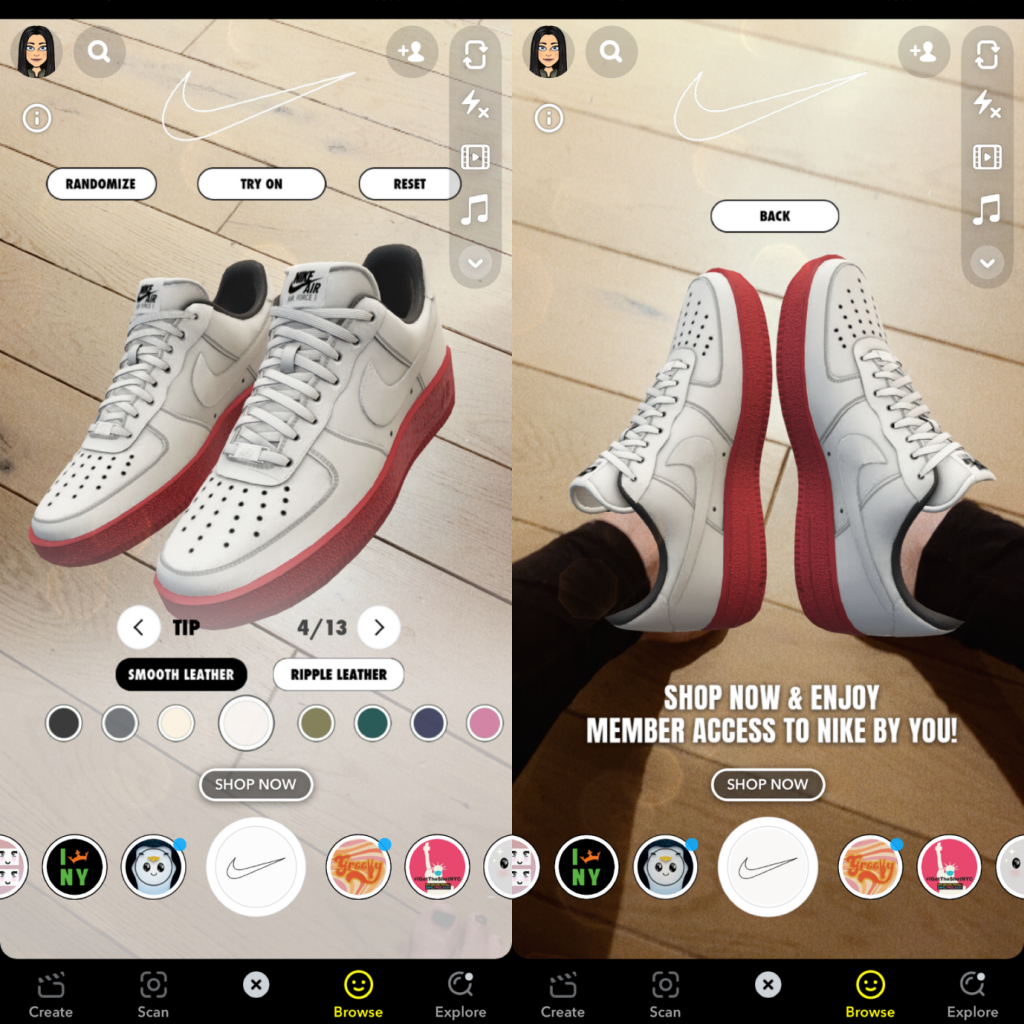In the past two decades, the landscape of commerce has undergone a remarkable transformation with the rise and mass adoption of e-commerce. As technology continues to advance, the way we shop online has evolved beyond recognition, with techniques like affiliate marketing, social media platforms and the various e-commerce channels in existence (Amazon etc.) leading the charge. One of the lesser-known and discussed driving forces behind this evolution is the integration of Artificial Intelligence (AI) and personalization into the e-commerce experience. These technologies are quietly redefining the way we discover, interact with, and purchase products online from behind the scenes, creating a more tailored and engaging shopping journey for consumers. So, in this article, we’re going to be looking at the ways in which AI and Personalization are Changing Online Shopping.
The Rise of E-commerce and Its Early Challenges
The concept of purchasing goods and services online was initially met with skepticism and hesitation. However, with the advent of secure payment gateways, robust logistics networks, and user-friendly websites, e-commerce began its upward trajectory. Shoppers quickly realized the convenience of browsing through a vast array of products from the comfort of their own homes and having their purchases delivered right to their doorstep.
In spite of the numerous advantages though, early e-commerce faced challenges, some of which were related to personalization and the overall customer experience. Online retailers struggled to replicate the personalized assistance that customers could find in brick-and-mortar stores, it was just easier to try things on, or see them in person before making a purchase. This gap led to a need for innovative solutions to create a more personalized and engaging online shopping experience.
The Internet Evolves Taking E-commerce with it
The evolution of e-commerce has mainly been fuelled by advancements in internet services, over the past two decades, internet service improvements, including faster speeds, richer multimedia content, and real-time interactions, have reshaped online shopping. These enhancements have synergized with AI-driven innovations, enabling personalized experiences. High-speed internet facilitates quick loading times, seamless mobile shopping, and ease of access to real-time customer support. These developments have played a massive role in bridging the gap between online and in-person retail experiences.
The Role of AI in E-commerce Evolution
Enter Artificial Intelligence. AI technologies have actually played a pivotal and yet underrated role in transforming the e-commerce landscape, how? Well I’m glad you asked. See, the use of Machine learning algorithms and data analytics tools have enabled retailers to gather vast amounts of data about consumer behaviour, preferences, and purchasing patterns. This data, when analyzed, provides enormous amounts of insights that empower e-commerce platforms to deliver highly personalized shopping experiences. Some of the roles are detailed below:
1. Product Recommendations: AI-powered recommendation systems have revolutionized how and what products are suggested to customers. By analyzing a customer’s past purchases, browsing history, and similar users’ preferences, AI algorithms can suggest products that are likely to resonate with the individual’s tastes as they evolve. This not only enhances customer satisfaction but also drives sales by exposing shoppers to items they might not even know they need just yet.

2. Chatbots and Customer Service: Another AI-driven advancement is the integration of chatbots for customer service. These virtual assistants are available all day, every day to answer customer queries, provide product information, and even facilitate transactions. They improve response times, enhance customer engagement, and alleviate the need for human intervention in routine inquiries, which could be very helpful for smaller teams.
3. Inventory Management and Demand Forecasting: AI algorithms can analyse historical sales data, external factors like seasonality and trends, and even social media conversations on a very large scale to predict future demand accurately. This assists retailers in optimizing their inventory management and ensuring products are available when and where customers want them. 
4. Visual Search and Augmented Reality (AR): AI has also fuelled innovations like visual search and AR try-ons, although these are still very niche applications currently. Visual search enables users to find products by uploading images, while AR allows customers to virtually try on clothing or visualize furniture in their living spaces. These technologies help bridge the gap between online and in-store experiences.
Personalization: Tailoring the Shopping Experience
Personalization is at the core of the modern e-commerce experience. Gone are the days of a one-size-fits-all approach; consumers now expect tailored interactions. Through AI-driven algorithms and data analysis, online retailers can create individualized shopping journeys that cater to each customer’s preferences, behaviours, and interests.

Personalization extends beyond product recommendations. Websites can dynamically adapt their layouts, content, and even pricing based on a customer’s profile. This not only enhances engagement but also increases the likelihood of conversion.
While AI and personalization offer numerous benefits, they also raise ethical concerns. Privacy and data security are paramount as retailers collect and analyze vast amounts of personal information. Striking the right balance between personalization and data protection will be an ongoing challenge. Looking ahead, the evolution of e-commerce shows no signs of slowing down. As AI continues to advance, we can anticipate more sophisticated recommendation systems, improved chatbot interactions, and enhanced virtual shopping experiences. Also, future integration of AI with Internet of Things (IoT) could lead to an even more interconnected and personalized shopping ecosystem.
This evolution has not only benefited retailers though, but it has also empowered consumers to make more informed purchasing decisions. And as the technology continues to progress, the synergy between AI and e-commerce will continue to shape the future of retail in ways we can only begin to imagine.

AdHang.com is the No.1 agency for digital marketing in Nigeria and the first Internet public enlightenment agency in Africa. AdHang has everything needed to achieve your digital marketing objectives and goals. From strategic digital marketing, a tactical approach to employing advanced digital marketing tools and technologies, using seasoned marketers with decades of marketing communications experience.









Comments